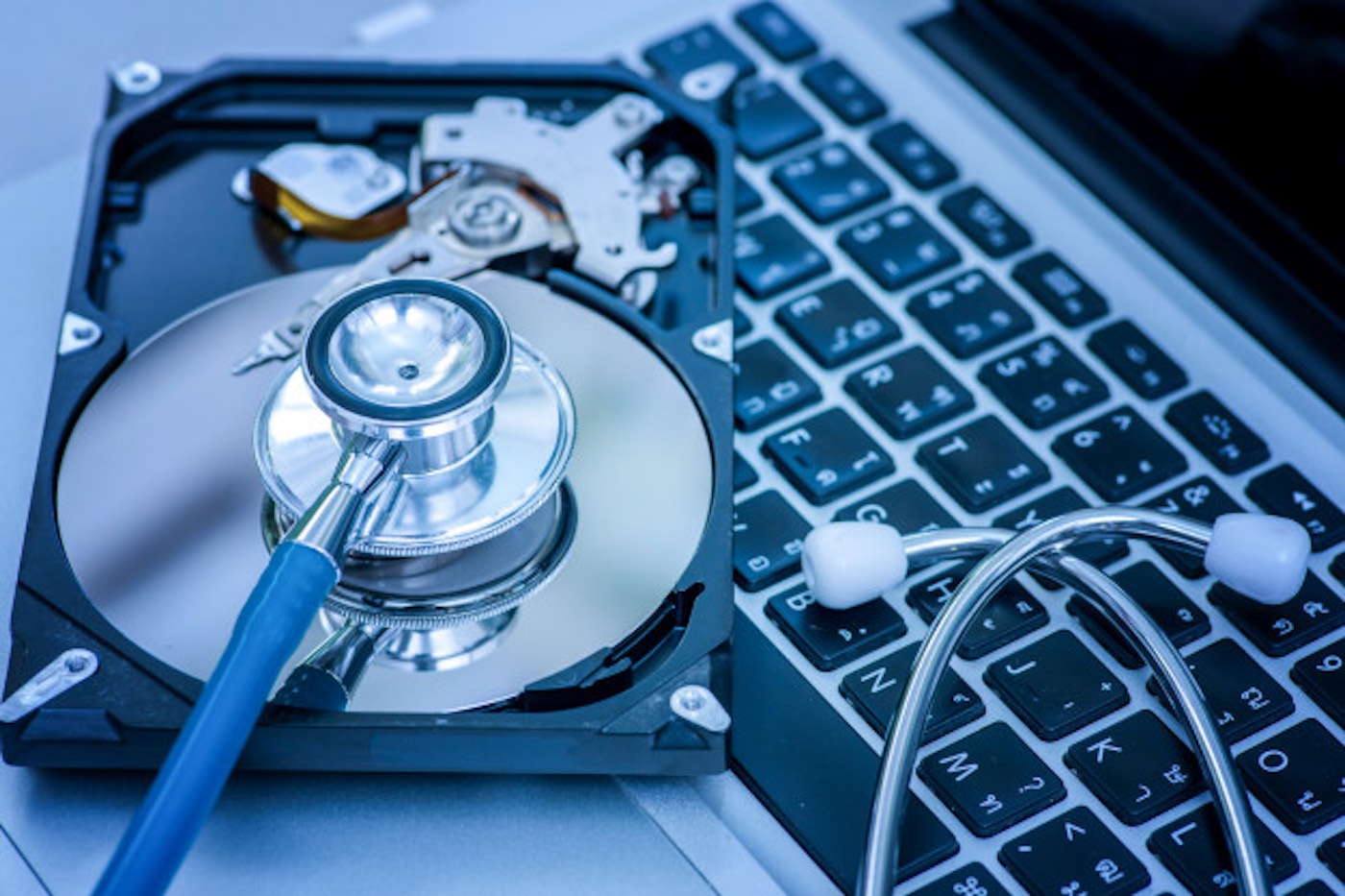Integrating Electronic Health Record (EHR) systems has revolutionized patient care across various medical fields in the rapidly advancing healthcare landscape. In mental health, these systems are crucial in improving patient outcomes, streamlining processes, and fostering a more holistic approach to mental healthcare.
Comprehensive Patient Data Accessibility
Mental health EHR systems empower healthcare providers with immediate access to comprehensive patient data. This accessibility ensures practitioners understand a patient’s medical history, treatment plans, and progress, allowing for more informed and personalized care. The seamless sharing of information across healthcare professionals contributes to a collaborative and integrated approach to mental health treatment.
Moreover, the real-time availability of patient data through mental health EHR systems minimizes the risk of critical information gaps, enabling healthcare providers to make timely and well-informed decisions. This streamlined access not only facilitates quicker interventions but also promotes a continuity of care that is essential for addressing the dynamic nature of mental health conditions.
Enhanced Coordination of Care
One of the significant advantages of mental health EHR systems is the improvement in care coordination. With a centralized platform for information sharing, mental health professionals can easily collaborate with other healthcare providers involved in a patient’s care, such as primary care physicians, psychiatrists, therapists, and social workers.
This interdisciplinary communication facilitates a more cohesive and synchronized treatment plan, reducing the risk of fragmented care and improving overall patient well-being.
Additionally, the enhanced coordination facilitated by mental health EHR systems allows for seamless updates and real-time communication among healthcare team members, fostering a shared understanding of the patient’s evolving needs.
This collaborative environment optimizes resource utilization and promotes a holistic and patient-centered approach that addresses the multifaceted aspects of mental health.
Precision in Treatment Planning
Mental health EHR systems enable practitioners to develop precise, evidence-based treatment plans tailored to each individual’s needs. By leveraging data analytics and clinical decision support tools, healthcare providers can identify patterns, track treatment efficacy, and adjust interventions as necessary.
This data-driven approach not only enhances the quality of care but also contributes to more successful outcomes by aligning treatment strategies with the unique characteristics of each patient.
Furthermore, mental health EHR systems facilitate ongoing monitoring and evaluation of treatment progress, allowing clinicians to adapt interventions based on real-time data.
This iterative and personalized approach ensures that therapeutic strategies remain dynamic, promoting the continuous refinement of treatment plans to meet individuals’ evolving mental health requirements.
Efficient Medication Management
Mental health EHR systems provide a platform for efficient medication management for patients receiving pharmacological interventions. Practitioners can easily track medication adherence, monitor potential side effects, and make informed decisions about adjustments or changes to the prescription.
This streamlined process enhances medication safety, reduces the risk of adverse reactions, and contributes to the overall effectiveness of the treatment plan.
Facilitating Telehealth Services
Integrating mental health EHR systems has been instrumental in adopting telehealth services. Telehealth offers a lifeline for patients in need, especially in times of crisis or when in-person visits are challenging.
EHR systems support secure and confidential virtual consultations, ensuring continuity of care and improving access to mental health services, particularly in underserved or remote areas.
Data Security and Confidentiality
Patient privacy and data security are paramount in mental healthcare. EHR systems are designed with robust security measures to safeguard sensitive patient information.
Encryption, access controls, and audit trails help ensure the confidentiality of mental health records, fostering trust between patients and healthcare providers. This commitment to privacy encourages individuals to seek and engage in mental health treatment without fear of compromising their personal information.








